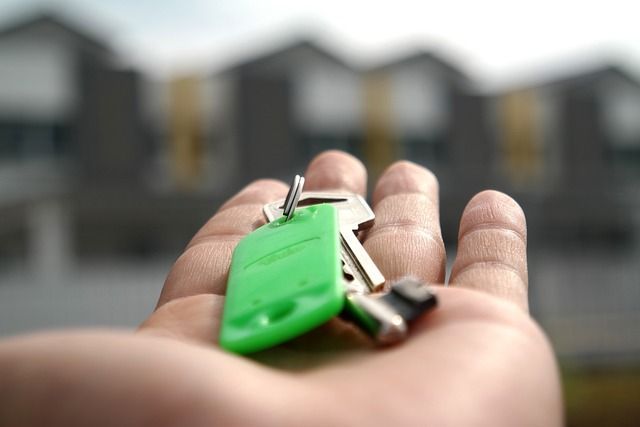|
BLOG
Korte and Associates
News
GET THE LEGAL ASSISTANCE YOU REQUIRE AT THIS MOMENT
|
How to Negotiate More Time on an Eviction Notice in Florida
Being served with an eviction notice can feel overwhelming. Whether you’ve missed a rent payment or are facing disputes with your landlord, you may be wondering if there’s any way to delay the process or buy yourself some extra time. In Florida, tenants do have rights — and understanding them can help you respond strategically.

1. Understand the Type of Eviction Notice
Not all eviction notices are the same. The notice you receive will depend on the reason for eviction. Common types include:
- 3-Day Notice to Pay Rent or Vacate – This gives tenants 3 business days (not including weekends or holidays) to pay the rent due or leave.
- 7-Day Notice to Cure or Vacate – Typically used for lease violations other than nonpayment.
- 7-Day Unconditional Quit Notice – This does not give the tenant a chance to fix the issue and is typically issued for serious or repeated lease violations.
Identifying the type of notice helps you know what deadlines and legal options apply.
2. Communicate with Your Landlord Promptly
If you want to negotiate for more time, communicate early and clearly with your landlord. You might explain:
- Why the rent is late
- When you can pay (if possible)
- If you’re applying for rental assistance
- That you’re willing to work out a plan
Sometimes, landlords are open to a short extension, especially if they believe the issue will be resolved soon. Make sure to keep documentation of your communications in case they’re needed in court.
3. Apply for Rental Assistance (If Eligible)
Applying for rental assistance may not stop the eviction on its own, but it can help you:
- Show the court you're trying to resolve the situation
- Offer proof to your landlord that payment is coming
Florida residents may qualify for assistance through local housing programs, nonprofits, or other resources.
4. File a Response If You’re Taken to Court
If the eviction notice turns into a legal case (you’ll receive a summons and complaint), you’ll need to respond quickly — typically within five days of being served.
Your response, called an “answer,” is your chance to explain your situation to the court. It may include:
- Proof of payment or partial payment
- A defense (e.g., landlord didn’t maintain the property)
- A request for more time to vacate
Consulting with a tenant lawyer can help you understand your legal position and avoid default judgments.
5. Ask the Court for More Time
In certain circumstances, you may ask the court for more time to move out. Judges in Florida have discretion, particularly if:
- You have children or dependents
- You’re elderly or disabled
- You show good faith effort to resolve the issue
The judge is not required to grant more time, but they may allow a few extra days or weeks based on your circumstances.
6. Consider Mediation
In some counties, mediation is available before the eviction goes to a full hearing. During mediation:
- Both you and your landlord meet with a neutral third party
- You can try to reach an agreement without going to trial
- You may be able to negotiate more time or alternative solutions
If successful, this agreement becomes binding and avoids further court involvement.
7. Get Legal Guidance
Eviction cases move quickly. Consulting with a tenant lawyer can:
- Help you file the proper documents
- Improve your chances of staying in your home longer
- Protect your rights and avoid court errors
Many firms in Florida offer consultations or flexible payment options for eviction defense.
Final Thoughts
If you’ve received an eviction notice in Florida, don’t panic — and don’t ignore it. Time is critical. Review your notice, communicate early, seek assistance, and understand your legal rights. With the right steps, you may be able to negotiate more time or resolve the matter altogether.
Need legal help navigating an eviction in Florida?
Contact Korte & Associates to learn your options and protect your rights as a tenant.
CONTACT
8895 N Military Trail, Suite 200C, Palm Beach Gardens, FL 33410
bkorte@kortepa.com

Korte and Associates
This website has been built to be accessible for all users. If you experience any difficulty in accessing this website, please contact us for assistance.

